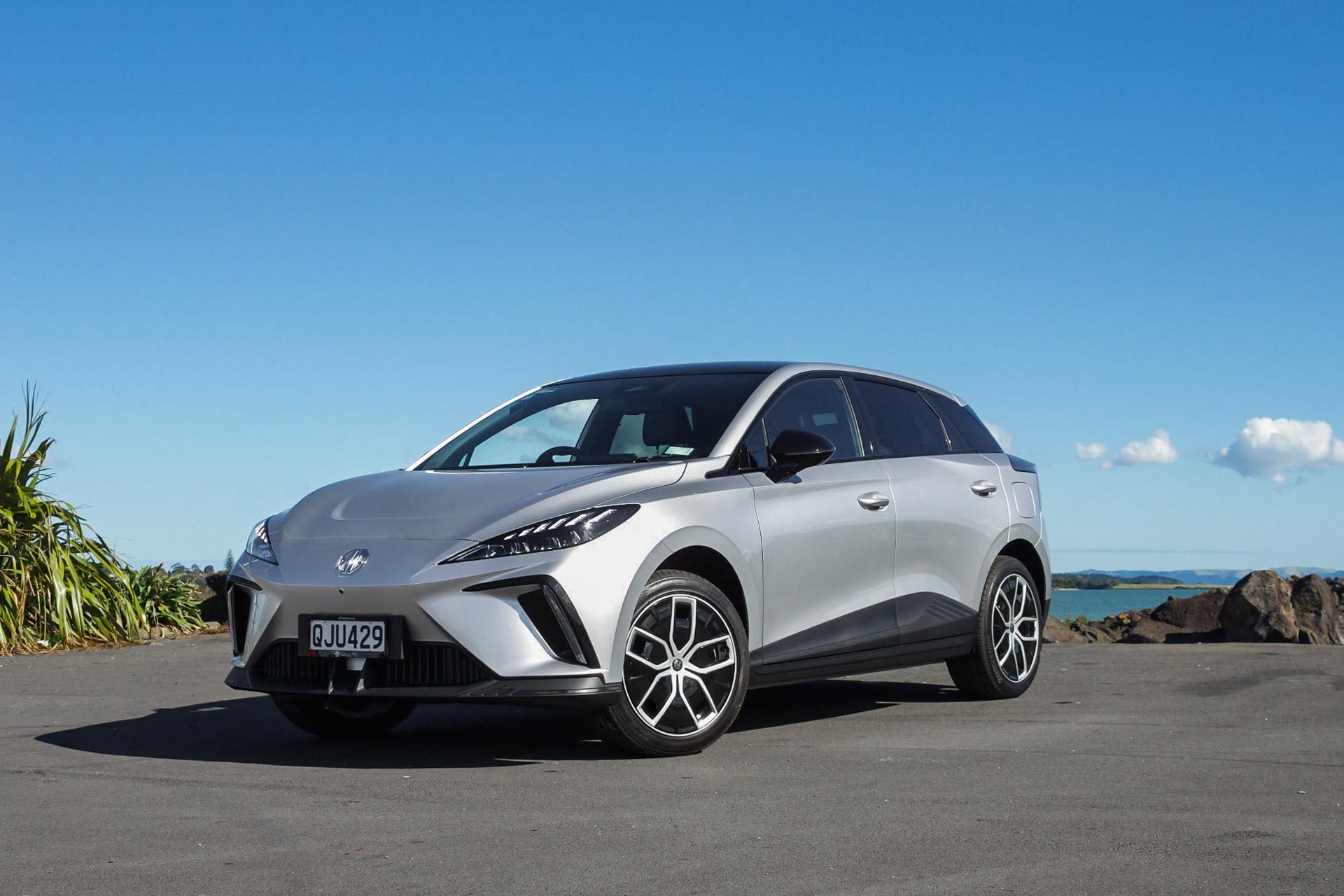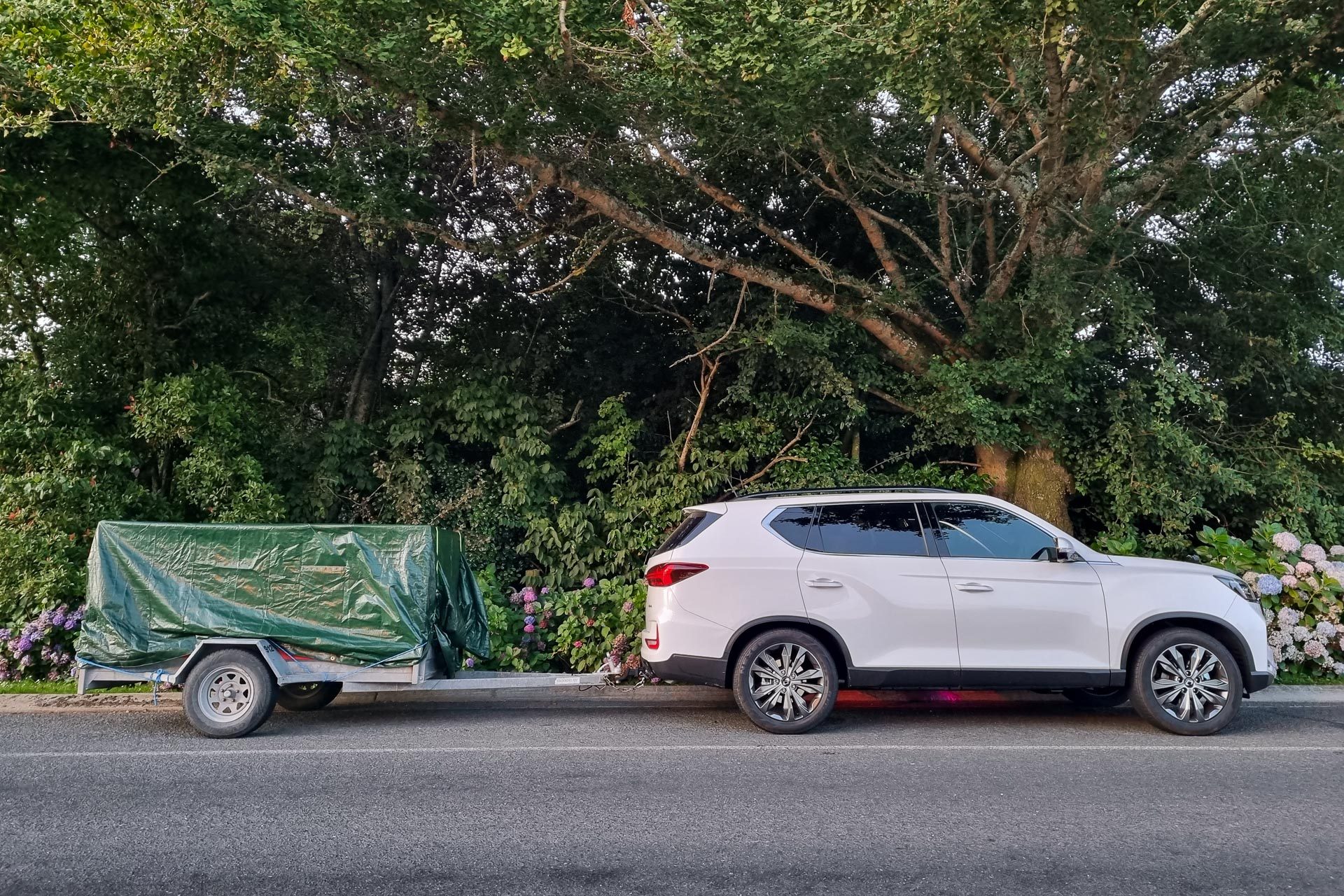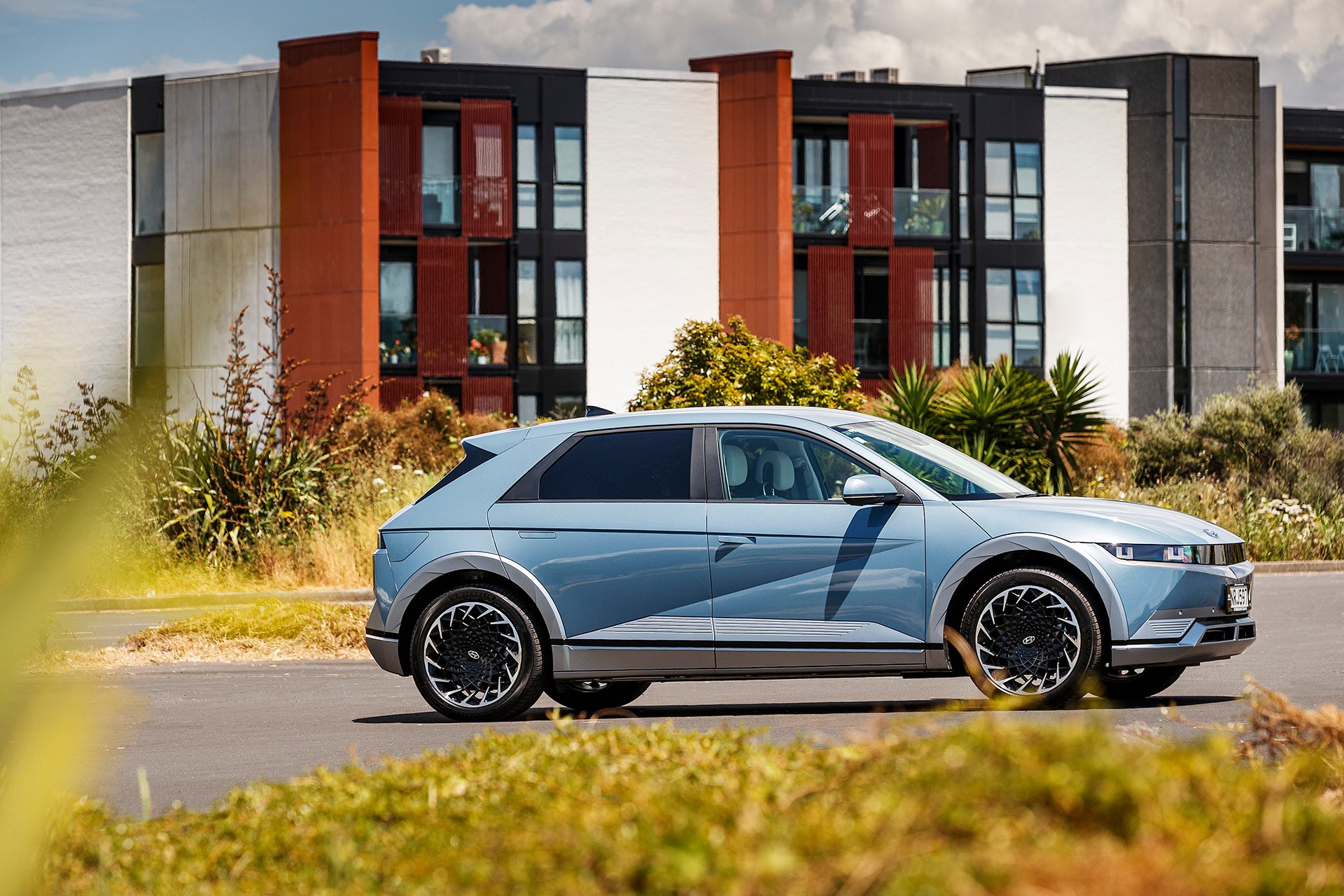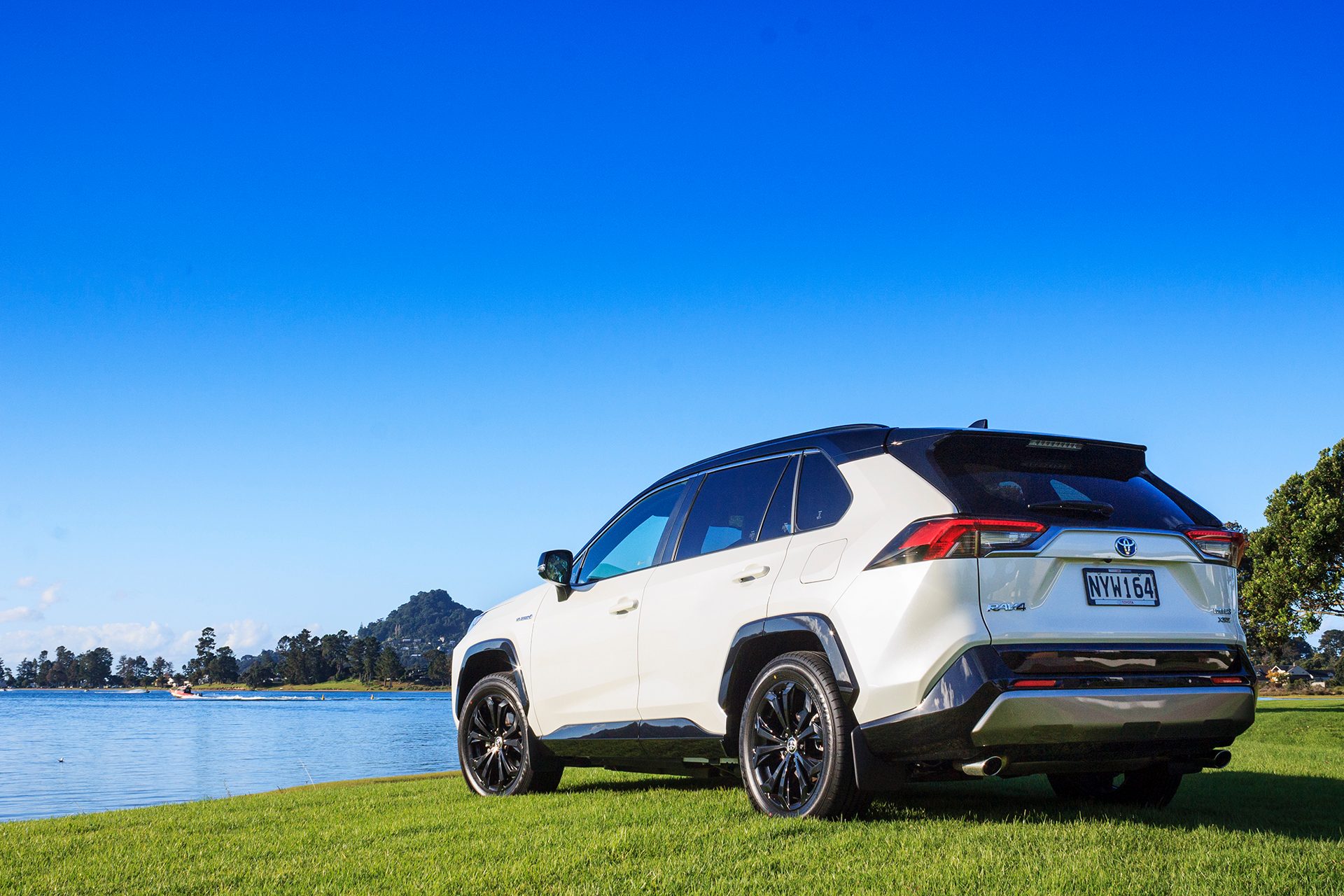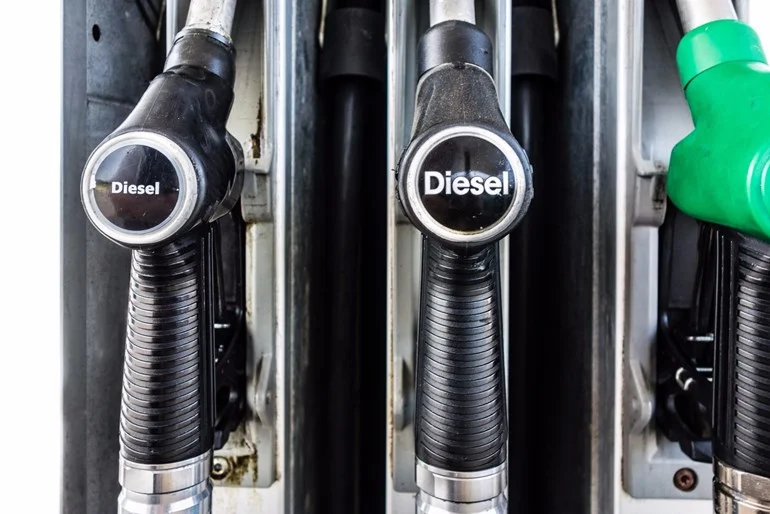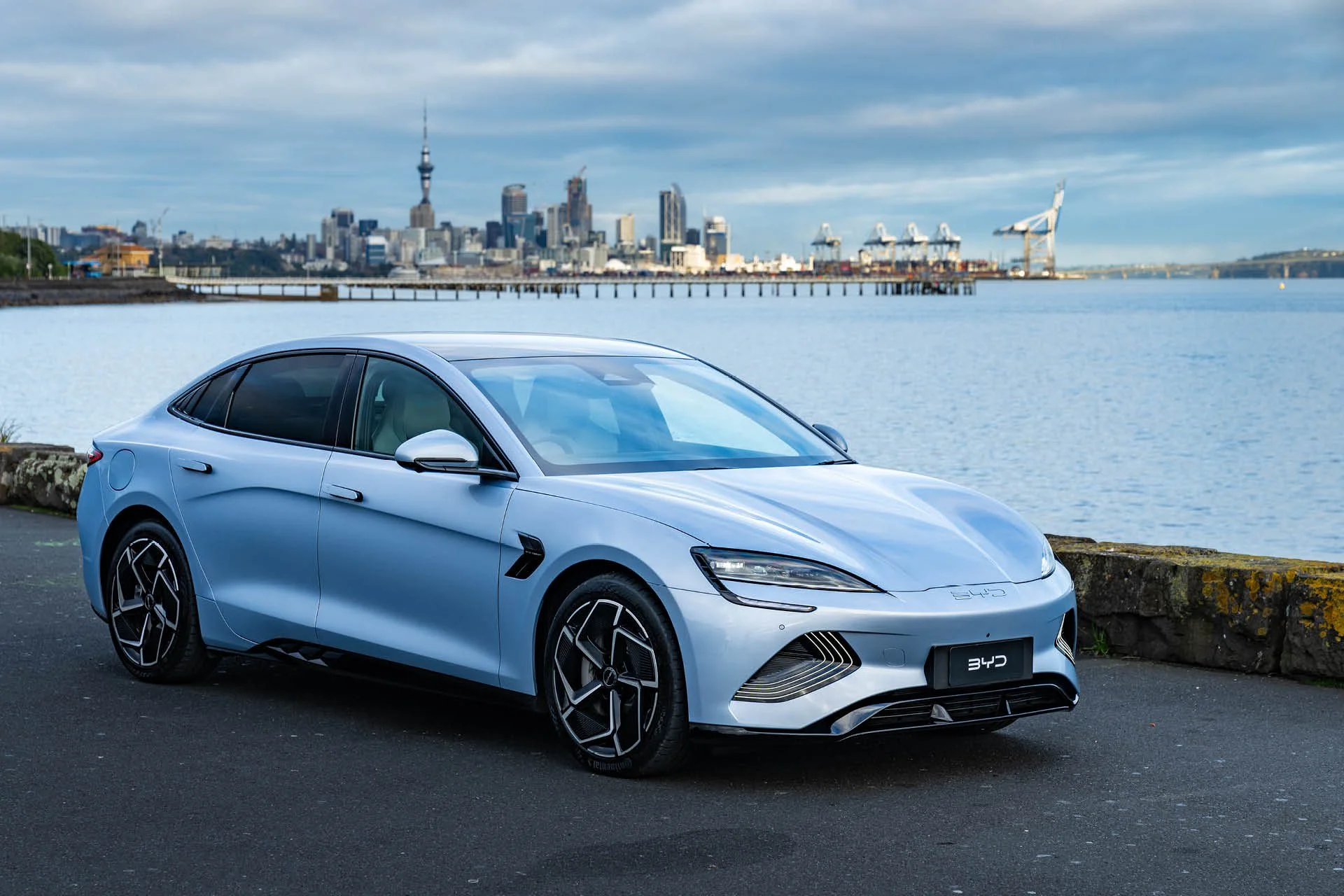Feature article
EV vs Petrol vehicles in NZ
Spoiler alert, there is no clear winner in the electric vs petrol vehicle debate. We highlight some key differences.

The Environmental Impact
Costs
Your driving habits
Personal Preference
Author
Other articles you might like
